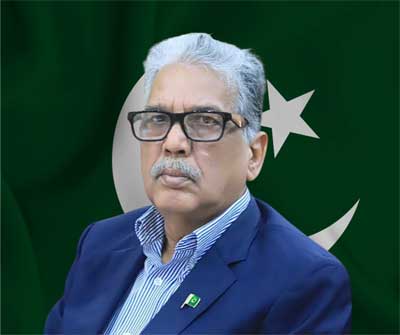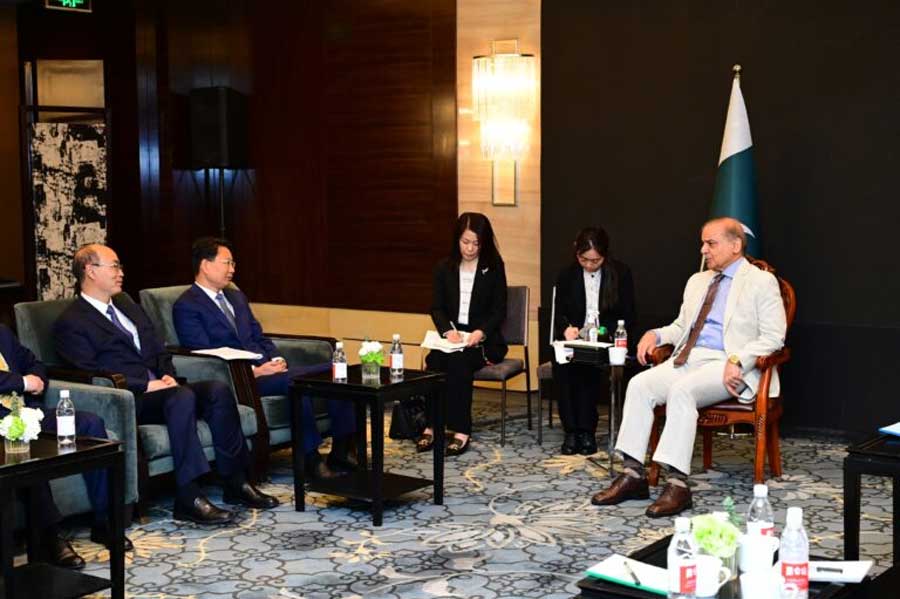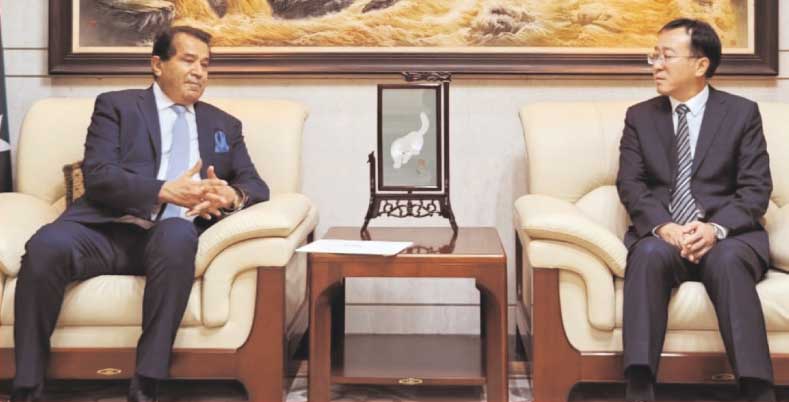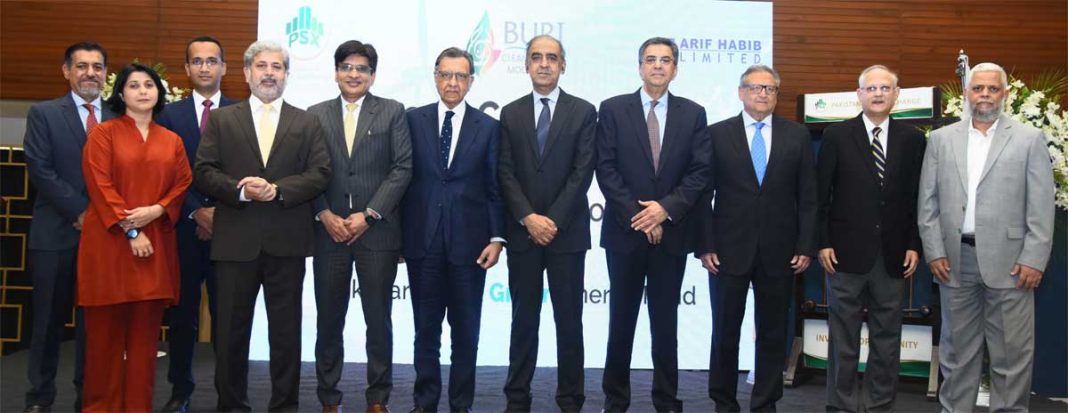China North Industries Corporation (NORINCO) has been at the forefront of executing some of the most significant infrastructure and energy projects in Pakistan under the China-Pakistan Economic Corridor (CPEC). While NORINCO’s involvement has brought economic growth and development, implementing large-scale projects in Pakistan presents numerous challenges. These challenges are not only logistical and regulatory in nature but also involve complex geopolitical dynamics. Through cooperation with local authorities, stakeholders, and government institutions, NORINCO has navigated these hurdles, but the difficulties remain a constant feature of the project landscape.
Logistical Challenges: Complex Terrain and Infrastructure Constraints
One of the primary challenges NORINCO faces in Pakistan is the complex and diverse geography of the country. Many of the projects under CPEC, particularly those involving transportation and energy, are situated in remote or underdeveloped regions where access to basic infrastructure is limited. For example, constructing the Suki Kinari Hydropower Project in the mountainous region of Khyber Pakhtunkhwa required navigating difficult terrain, extreme weather conditions, and a lack of local transportation networks.
The ML-1 railway upgrade-another critical project-also faces logistical challenges due to the extensive overhaul required for the country’s aging railway infrastructure. NORINCO has had to overcome delays caused by inadequate local resources, such as a shortage of specialized equipment and trained labor in rural areas. Transporting materials, machinery, and personnel to these remote sites can lead to significant delays, increasing the cost and duration of the projects.
To address these logistical difficulties, NORINCO has worked closely with local contractors and suppliers, forming joint ventures to secure local resources and labor. Additionally, the company has invested in building access roads and transport infrastructure where none previously existed, ensuring smoother logistics for current and future projects.
Regulatory Challenges: Navigating Pakistan’s Bureaucracy and Legal Framework
Pakistan’s regulatory environment presents another set of challenges for NORINCO, particularly in areas related to land acquisition, environmental compliance, and project approvals. Large-scale projects like hydropower plants, railways, and highways often require acquiring significant tracts of land, a process that can be delayed by bureaucratic hurdles and legal disputes. For instance, the Karot Hydropower Project faced delays due to challenges in acquiring land and resettling displaced communities, as local landowners negotiated compensation and legal terms.

Environmental regulations have also posed obstacles for NORINCO’s energy and infrastructure projects. Projects like the Lahore Orange Line Metro Train faced public protests and legal action over concerns about environmental degradation and the potential harm to heritage sites. Regulatory bodies such as the Pakistan Environmental Protection Agency (Pak-EPA) and provincial authorities impose strict environmental standards that can delay projects if impact assessments are not thoroughly addressed.
NORINCO has had to engage with multiple levels of government, from federal ministries to provincial agencies, to secure permits and ensure compliance with Pakistan’s legal framework. To manage these regulatory challenges, NORINCO often collaborates with local legal experts, consultants, and governmental bodies to streamline the approval process. The company also conducts thorough environmental and social impact assessments to mitigate potential opposition and ensure its projects meet both national and international standards.
Geopolitical Challenges: Regional Instability and Security Concerns
The geopolitical landscape of Pakistan, especially in regions where CPEC projects are being implemented, presents its own set of challenges. Areas like Balochistan and Khyber Pakhtunkhwa have historically faced political instability, insurgencies, and militant activities, which pose risks to large infrastructure projects. Ensuring the security of Chinese workers, equipment, and project sites has been a key concern for NORINCO, as several CPEC-related projects have faced security threats, including attacks on foreign personnel and project sites.
In response to these threats, Pakistan has taken steps to secure CPEC projects, including creating dedicated security forces like the Special Security Division (SSD) and Maritime Security Force (MSF), tasked with protecting Chinese workers and infrastructure. NORINCO, in cooperation with local authorities, has implemented additional security measures, including collaboration with the Pakistan military and local law enforcement to ensure the safety of its personnel. Security challenges are managed through continuous risk assessments, and project timelines are often adjusted to accommodate delays caused by security concerns.
Geopolitical tensions between neighboring countries also impact NORINCO’s operations in Pakistan. For instance, the strategic location of CPEC, which connects China’s Xinjiang province to Pakistan’s Gwadar Port, has attracted international attention and concern from countries like India, which views the corridor as encroaching on its sphere of influence. Such tensions add a layer of complexity to NORINCO’s projects, as regional geopolitics often influence bilateral relations and create uncertainty around future investments.
Financial and Resource Allocation Challenges
Funding large-scale infrastructure and energy projects is another significant challenge. Although China provides considerable financial backing for CPEC projects, delays in disbursements, coupled with Pakistan’s economic difficulties, can strain project financing. Currency fluctuations and inflationary pressures in Pakistan also contribute to rising costs, which sometimes exceed initial estimates. NORINCO has had to adjust its financial strategies, at times renegotiating terms with the Pakistani government to ensure the continuation of critical projects.
The dependency on imports of high-tech machinery and materials from China also creates challenges related to customs, taxation, and resource management. Delays in customs clearance, unforeseen tariff changes, and logistical issues related to cross-border trade between China and Pakistan can disrupt supply chains and slow down project progress.
Managing Challenges through Cooperation
Despite these hurdles, NORINCO has successfully managed many of the challenges it faces through active cooperation with local authorities, stakeholders, and communities. The company’s strategy focuses on building strong partnerships with Pakistani government institutions, contractors, and labor unions, fostering a collaborative environment that ensures smoother project implementation.
NORINCO has also invested heavily in corporate social responsibility (CSR) initiatives, engaging local communities through social development programs, infrastructure development, and employment opportunities. By addressing local concerns and involving communities in its projects, NORINCO has been able to mitigate opposition and create a sense of shared ownership over its projects. This cooperative approach has been particularly effective in managing land acquisition disputes and environmental concerns, where local stakeholders are directly impacted by project development.
At the regulatory level, NORINCO has worked closely with Pakistan’s Board of Investment (BoI) and other federal and provincial agencies to streamline project approvals and ensure compliance with Pakistan’s legal framework. Regular consultations with governmental bodies help resolve bureaucratic delays and align NORINCO’s projects with Pakistan’s broader development goals.
While NORINCO’s involvement in Pakistan’s large-scale infrastructure and energy projects under CPEC has contributed significantly to the country’s economic growth, the company faces multiple challenges in implementing these initiatives. Logistical difficulties, regulatory hurdles, security concerns, and geopolitical tensions all pose significant risks to project timelines and outcomes. However, through strategic cooperation with local authorities, stakeholders, and communities, NORINCO has been able to manage and mitigate many of these challenges. As Pakistan and China continue to deepen their economic partnership, overcoming these obstacles will remain key to ensuring the successful implementation of future projects and the long-term sustainability of the CPEC initiative.




